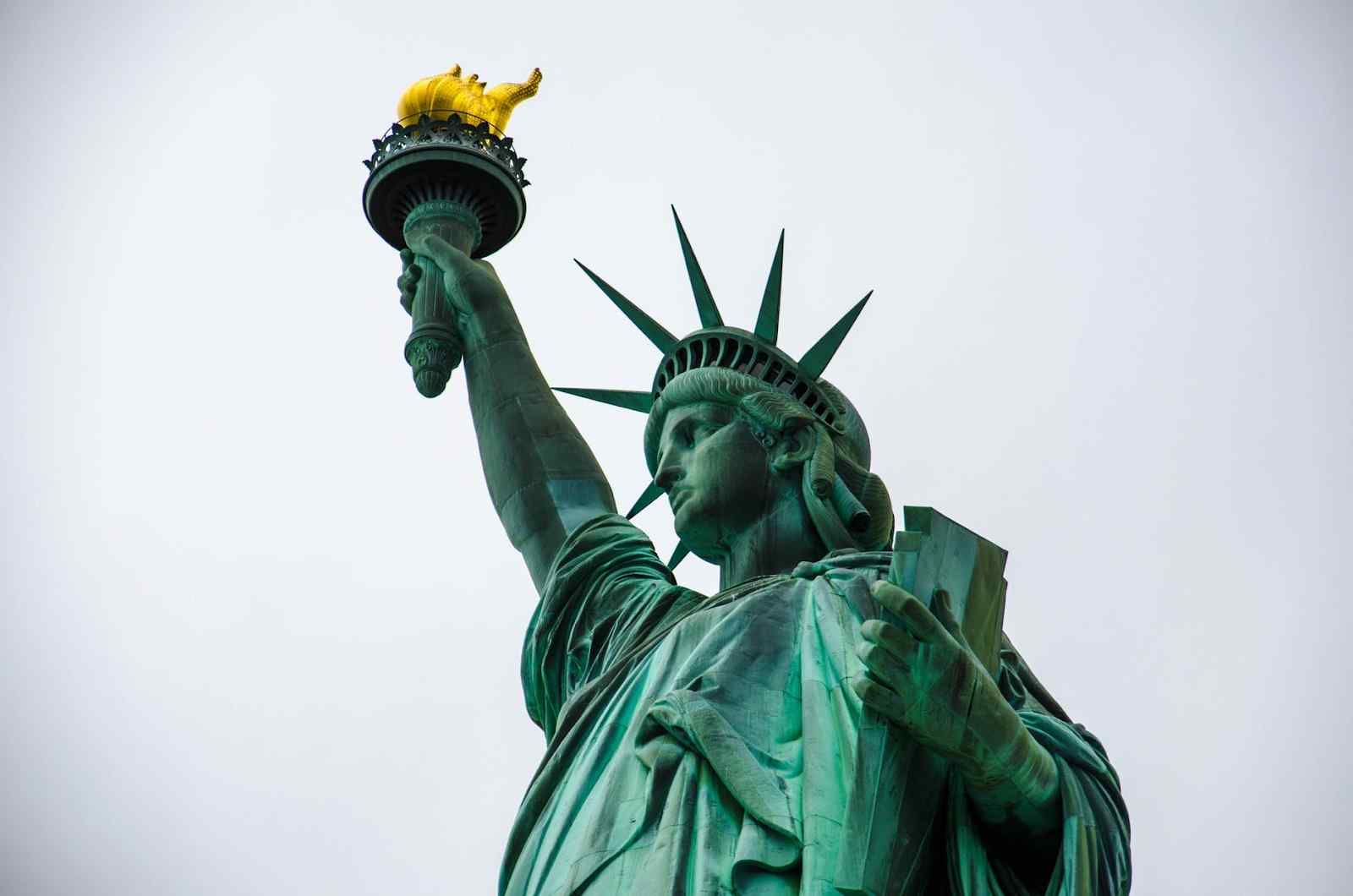Becoming American: An Immigrant's Journey
When I was very young, America was “el otro lado.” The other side. That ominous, vaguely mystical phrase was how people around me in Mexico referred to my future home country. This little phrase forever colored the way that I saw the US.
Growing up in Miguel Aleman, a small, Mexican town near the American border with a population of about 27,000, I was taken by my parents to visit el otro lado often. I would delight in the infinitely large WalMart, eat an outrageously delicious Happy Meal, and play in a joyously utopian playground. All of these were more spectacular to me than anything in Mexico. Even when I was in Mexico, all the best cartoons and movies were American. At five years old, I thought that America’s greatness was inescapably obvious, grew to delight in hearing the words el otro lado, hoping for another trip. I was elated, a couple of years later when we finally moved there. Yet we only moved to a small border town called Roma that was once part of Mexico, was still full of Mexicans, and was only a five-minute drive away.
Like the Berlin wall separating East and West Berlin, the Rio Grande river separated Roma and Miguel Aleman, which shared a population with the same culture, language, and history.
As I grew older and became absorbed in the American way of life, I fixated on the differences between Mexico and America. My parents never stopped favoring Mexico and loved taking me with them on their nostalgic drives through their old hometown, and I inevitably noticed the bumpy roads, shoddy buildings, and young soldiers with machine guns. As I grew more observant, the differences became even more significant.
One moment really summed it up for me: I was working in my parents’ bakery (yes, I was about eight) on what seemed like a regular day, but my cousin, who lived in Miguel Aleman, visited and was astounded. Why were so many people pouring into the business? I casually remarked that this was typical, not even close to our busiest day. Shortly afterward, I heard about this same cousin’s father opening up his own business in America, even though none of them knew English and had only visited briefly. Why?
Why were the two neighboring border towns, both built by and populated by Mexicans, drastically different? Why did businesses excel in the US? Why did I continually hear about how much more dangerous Mexico was, even from those that loved it? Why is it that so many people who loved Mexico would do anything to come to America, even illegally? Why were all the most popular movies in Mexico poorly translated American movies? Above all, what makes America so special?
I gradually gained more nuance in asking these difficult questions. I quickly discarded the notion that there was something wrong with Mexicans. My parents and relatives were obsessively hard-working business owners who thrived in America. And I eventually met enough average Americans to conclude that they weren’t a species of geniuses. This wasn’t the Garden of Eden: the trees and soil were the same found in Mexico. I had before expected to learn of a magical aura surrounding America or some terrible witch’s curse haunting Mexico. Eventually, I started learning about political, economic, and cultural differences. And in a way, these ARE a type of magic.
My parents managed to come to a strange country in which they didn’t know the language and succeeded beyond anything they could do in their own home country because, at its best, America loves hard workers, no matter the place of origin. I learned that I was what was called an immigrant. That is okay; America was made for and by immigrants. America lets people be free, an ideal way more complicated than it seemed at first. Diverse, free people do amazing things together. And most importantly, I realized that I could be as American as anyone from a white family who had lived here for centuries. The moment I knew I could truthfully call myself American, I wore the title like a crown.
As an adult, I care about more than quality cartoons and Happy Meals. I’ve grown painfully aware of the faults in America, that injustice and poverty aren’t exclusive to Mexico. Yet el otro lado has been kind to me and is as generous to countless others. The miracle that is this country, with its vast diversity, unending opportunities, bombastic culture, and aggressive individualism, is completely intoxicating, and despite the many problems I recognize, I consider it a great fortune that I am an American.

